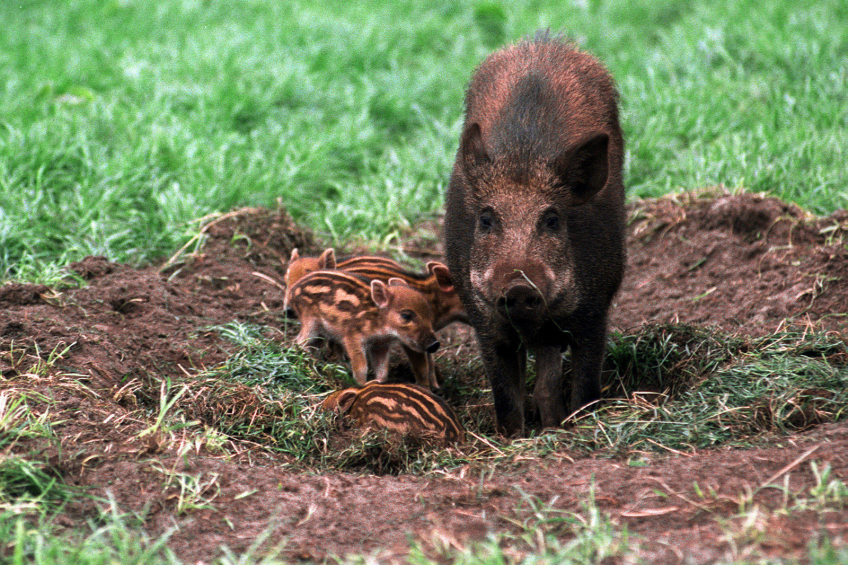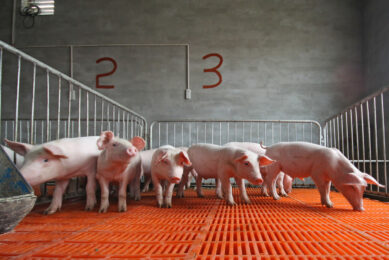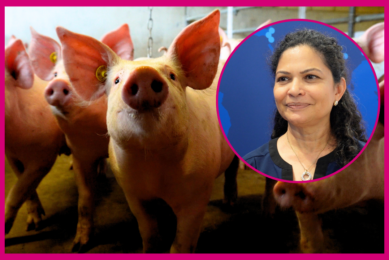USDA measures feral swine impact on US farms

The US Department of Agriculture (USDA) has launched a survey of US crop producers to measure the impact that feral swine have on their crops and livestock.
Farmers have already received the survey, which is being conducted jointly by USDA’s National Agricultural Statistics Service (NASS) and the Animal and Plant Health Inspection Service (APHIS).
Wild pigs carrying causing damage
According to USDA estimates, feral hogs, or wild pigs, cause more than $1.5 billion in damage and costs to control them each year. They are responsible for destroying crops from corn to hay and can prey on young livestock.
Feral swine are an invasive species that eat and destroy many field crops, such as corn, milo (sorghum), and rice. They also prey upon young livestock and other small animals. Feral swine are known to carry numerous diseases that are transferrable to livestock, humans, pets, and wildlife.
Collecting data on feral swine
“We will collect data about feral swine to estimate the extent of damage these animals may have caused to agriculture in 11 states,” says NASS Census and survey division director Barbara Rater. “We thank producers in advance for their attention to this survey. The responses, which are always anonymous, can help inform policy and management actions about feral swine.”
Surveys were mailed to 10,000 farmers in June and USDA is currently conducting phone interviews through mid-August with producers that have not yet responded, USDA NASS spokesman Alex Minchenkov told press agency Reuters.
Pigs in 35 million states
The wild pigs can be found in at least 35 states, with experts estimating their numbers at over 5 million, with the largest populations located in California, Florida, Oklahoma and Texas.
“With this survey, we begin the process of quantifying the extent of the problem, which should help us determine the best solution,” Stephanie A. Shwiff, project leader of the APHIS’ Economic Research of Human Wildlife Conflict project said in a statement.











